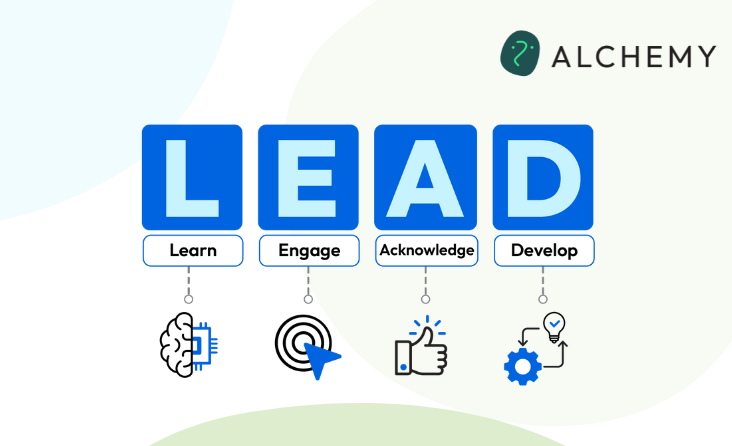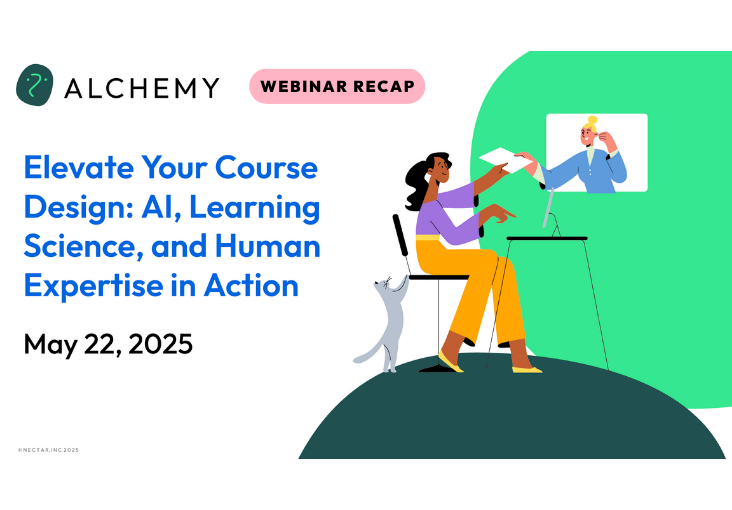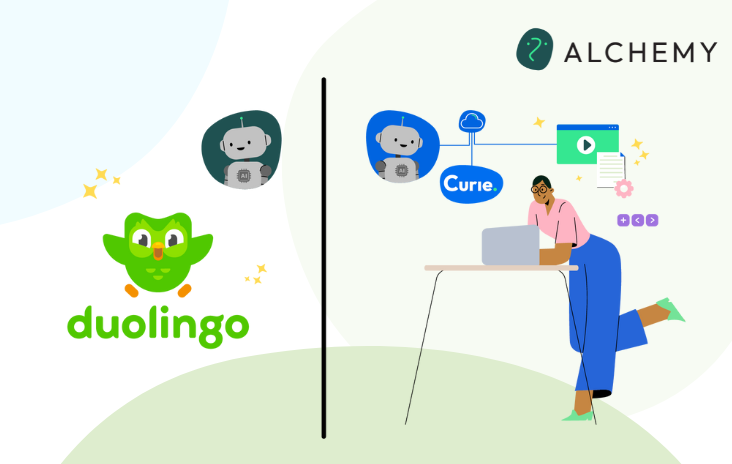Article
Advancing AI Literacy on Campus: A 4-Pillar Approach for Educators

In an educational landscape increasingly impacted by artificial intelligence (AI), educators face both opportunities and challenges. The LEAD AI Literacy Framework—Learn, Engage, Acknowledge, and Develop—offers a comprehensive approach to building AI literacy, fostering ethical practices, and enhancing creativity in classrooms and beyond.
What is the LEAD AI Literacy Framework?
The LEAD AI Literacy framework empowers educators to navigate AI’s complexities through four key pillars:
Learn: The journey begins with understanding AI’s core concepts, strengths, and limitations. Educators are encouraged to adopt a growth mindset, critically evaluating AI as a tool to enhance creativity and problem-solving. Micro-lessons like “Bias in AI: Critical Evaluation” help educators identify and address biases, ensuring AI outputs align with inclusive and educationally sound principles.
Engage: Effective AI use relies on crafting thoughtful interactions. The “CLEAR AI Prompting” micro-lesson equips educators with strategies to create precise and purposeful AI prompts. By mastering this skill, educators can align AI outputs with learning objectives, fostering creativity and deeper student engagement.
Acknowledge: Transparency in AI usage is key to building trust. This pillar emphasizes documenting AI’s role in content creation and openly discussing its ethical implications. By modeling ethical AI practices, educators set a standard of trust and accountability. The micro-lesson “Documenting and Disclosing AI Use” equips educators with practical strategies for documenting and disclosing AI use in their materials and assignments.
Develop: The final pillar focuses on adaptability. As AI tools and technologies continue to evolve, flexible strategies help educators seamlessly integrate these tools while maintaining stability in learning environments. The micro-lesson “Flexible Strategies for AI Adaptation” guides educators in testing and refining new tools, ensuring seamless integration without overwhelming existing workflows.
Why AI Literacy Matters in Education
AI literacy isn’t just about technical proficiency—it’s about rethinking traditional approaches to teaching, research, and collaboration. The LEAD AI Literacy framework equips educators with the tools to:
- Navigate AI’s ethical considerations.
- Promote inclusive practices by addressing biases.
- Inspire students to engage critically with AI technologies.
Getting Started with the LEAD AI Literacy Framework
The LEAD AI Literacy Framework supports educators at all levels of familiarity with AI. Whether you’re exploring AI for the first time or looking to refine your integration strategies, the LEAD AI Literacy Framework provides actionable steps to make AI a meaningful part of your educational journey. By embedding AI literacy into the fabric of higher education, institutions can empower educators to innovate responsibly, inspire students to engage with AI critically, and prepare for a future where AI plays an integral role across all fields of study.
Ready to lead the charge in AI literacy? Explore how the LEAD AI Literacy Framework can transform your approach to teaching and learning.



